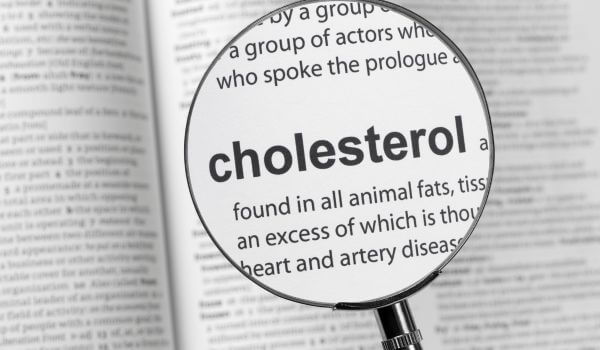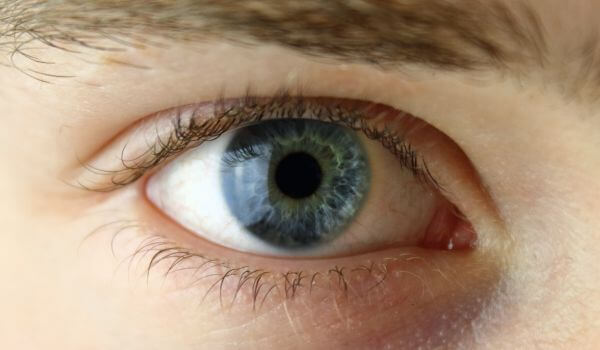Maintaining a robust and healthy sex life is top of the mind for many women as they mature.
There are care delivery gaps coming from the shortage of ob-gyn healthcare personnel specializing in menopause alongside advertisers who prey on menopausal women as easy sales targets. These make it tricky for women to find proper support and information about this sensitive subject.
The Choreography of Sex Hormones
We’ve all heard of the block-buster sex hormones estrogen and progesterone and the physical changes (hello, menopause!) left in their wake as their production dwindles later in life. These hormones are significant players in a woman’s sexual health.
Let’s start from the beginning, all the way back to the early stages of life. These hormones are viewed as the cornerstone of sexual differentiation. Scientists found that as early as three days after conception, if a fetus does not start producing testosterone, it will develop as a female. As a female matures through puberty and becomes a fertile woman, it’s crucial to note that the levels and interplay of estrogen and progesterone play a paramount role in preparing her body for childbearing. Throughout the menstrual cycle, hormonal fluctuations can affect desire, arousal, lubrication, and sexual experiences.
During menopause, declining estrogen levels and hormonal changes present unique challenges to having a healthy sex life, including vaginal dryness, decreased libido, and emotional shifts. By understanding the impact of these hormonal shifts and exploring interventions, women can navigate menopause-related sexual health challenges and take real steps towards a fulfilling and satisfying intimate life.
In the following sections, we’ll detail the effect of estrogen, progesterone, and the transition of menopause on women’s sexual health in hopes of demystifying these intricate issues and highlighting ways to enhance your personal experience.
The Dance: Estrogen, Progesterone, and the Menstrual Cycle
The menstrual cycle ebbs and flows and is governed by the interplay of two key hormones, estrogen, and progesterone. Let’s clarify the sexual influences of these hormones in the different phases of the menstrual cycle by drawing parallels to different forms of dance:
- Imagine estrogen as the lead in a ritual “Rain Dance.” Estrogen controls the lubrication essential for vaginal health. Doctors have found that as estrogen levels fluctuate throughout the cycle, women may notice changes in vaginal moisture. This can impact comfort levels and enjoyment from sexual activity.
- Next comes “The Tango – the Dance of Desire.” This dance relates to the progression of the menstrual cycle and how rising estrogen levels fan the flames of sexual desire. An increase in estrogen boosts blood flow to the pelvic region, enhancing sensitivity and amplifying pleasure during sexual encounters.
- Finally, we have “The Rhumba – an Intimate Embrace.” As the cycle advances, progesterone enters the scene. Anticipating the release of a fertilizable egg at the pinnacle of sexual intimacy, progesterone has readied the reception area for the potential fetus. Doctors highlight that this hormone can influence sexual response by triggering a spike in arousal as hormonal levels shift.
Menopause and its impact on sex
Women on the brink of menopause or already experiencing it can relate to the fact that menopause is a significant transition in a woman’s life and that it can have a huge impact on sexual health.
- One of the pivotal changes during menopause is that estrogen, previously the leader on the hormonal dance floor, takes a step back. This decline in estrogen production can lead to hurdles such as vaginal dryness, thinning vaginal tissues, and reduced elasticity. These shifts can result in discomfort during sex.
- The hormonal upheavals during menopause can impact sexual desire and arousal. A decrease in libido may be a new reality for some women, leading to lower levels of desire for sexual activity and potentially a decrease in pleasure.
- Mood swings, anxiety, and shifts in self-esteem, combined with physical transformations, can impact sexual confidence and overall satisfaction.
Menopause is NOT the death of sex
While it is true that there are significantphysical, emotional and psychological changes that accompany menopause, it is vital to understand that every woman’s experience of menopause is unique, including its impact on her sexual health.
Discussions with healthcare providers and partners need not frame a decline in sexual health as an inevitable consequence of menopause. Instead, the focus of these discussions can revolve around appropriate interventions, and what can be done to maintain a fulfilling sex life.
While menopause can pose challenges to sexual health, there are strategies and interventions available to support women during this phase. We’ve added some pop music references to help illustrate the main points:
- Breaking the “Love Drought” (Beyoncé) reminds us how important it is to overcome two of the most prominent turn-offs for sex. Vaginal dryness and thinning of the walls can make sex uncomfortable. Lubricants and vaginal moisturizers can help manage vaginal dryness and improve comfort during sexual activity, making intimacy more pleasurable.
- Think Depeche Mode’s “Get the Balance Right!” when exploring options for severe symptoms that impact the quality of life from the lack of estrogen. Treatments designed to boost estrogen levels, such as Vagifem vaginal cream or rings, may help restore vaginal health and alleviate associated symptoms. Hormone replacement therapy (HRT) could be an option. Non-hormonal treatments, such as selective estrogen receptor modulators (SERMs), can relieve some menopausal symptoms, but not vaginal dryness or hot flashes.
- Start “Feeling Groovy” (Simon and Garfunkel) by seeking support from therapists or counselors specializing in menopause-related sexual health. Addressing emotional aspects, enhancing body image, and fostering communication skills can positively influence sexual well-being.
In short
Menopause is a unique experience for every woman, and so is its impact on sexual health.
It’s clear that the link between hormonal shifts and women’s sexual health is significant. By understanding the influence of estrogen, progesterone, and the menopausal transition on sexual well-being, women can navigate these changes with a sense of empowerment. Equipped with this knowledge, they can be better placed to embrace this stage of their lives, placing a high value on their sexual health and satisfaction.
Too often, talks with healthcare providers and partners focus on the negatives and accept a decline in sexual health as an inescapable aspect of menopause. It need not be.


















